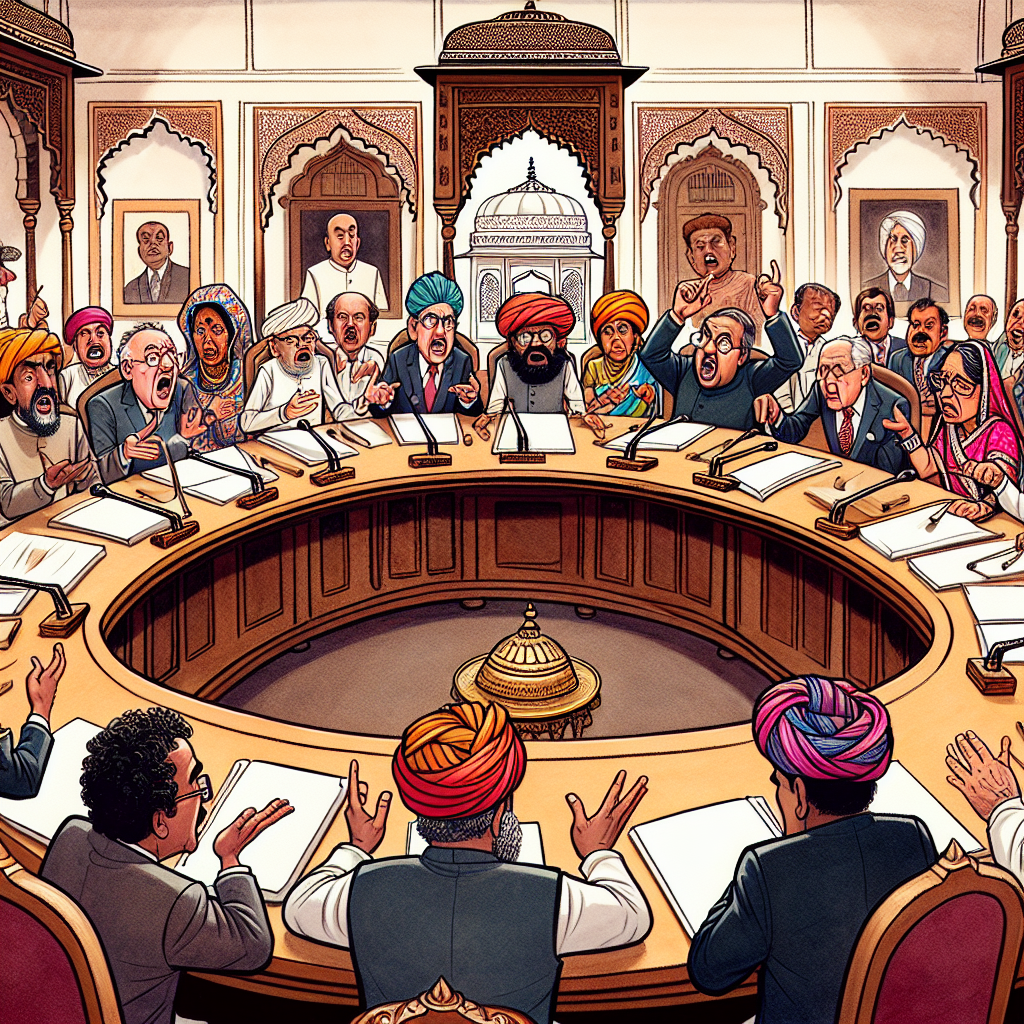Urgent Transition to Electric Vehicles Stressed to Combat NCR Air Pollution
A high-level meeting chaired by P K Mishra at the Prime Minister's Office highlighted the urgent need to transition to electric vehicles and develop charging infrastructure in the NCR region to reduce air pollution. The meeting also called for strict implementation of the Graded Response Action Plan and measures to prevent stubble burning.

- Country:
- India
A high-level meeting at the Prime Minister's Office on Monday underscored the urgent need for transitioning to electric vehicles (EVs) and developing robust charging infrastructure across the National Capital Region (NCR) to mitigate air pollution.
Leading the task force, P K Mishra, the principal secretary to the prime minister, emphasized the strict and timely implementation of the Graded Response Action Plan, a series of anti-pollution measures enforced during winter, by all relevant agencies to effectively manage air quality.
In addition, Mishra directed the chief secretaries of Punjab, Haryana, and Uttar Pradesh to rigorously enforce action plans to prevent stubble burning, ensure full utilization of crop residue management machines, and support small industries in economically using paddy straw.
Highlighting the criticality of transitioning to electric vehicles and expanding EV charging infrastructure in NCR areas, Mishra urged states to augment their e-bus fleets under the PM eBus Sewa Scheme, which aims to introduce 10,000 e-buses across the country.
Furthermore, Mishra called upon state governments and law enforcement agencies to strictly enforce bans on firecrackers.
The meeting witnessed the participation of senior officials, including the cabinet secretary, the Delhi police chief, and key representatives from various ministries such as environment, agriculture, power, petroleum, road transport, housing, and animal husbandry. Officials from the Central and State Pollution Control Boards and the chief secretaries of Punjab, Haryana, Uttar Pradesh, Rajasthan, and Delhi were also present.
(With inputs from agencies.)










